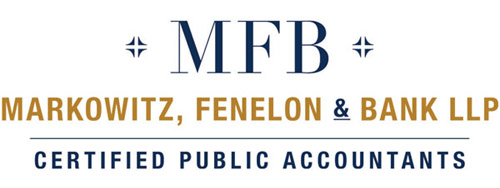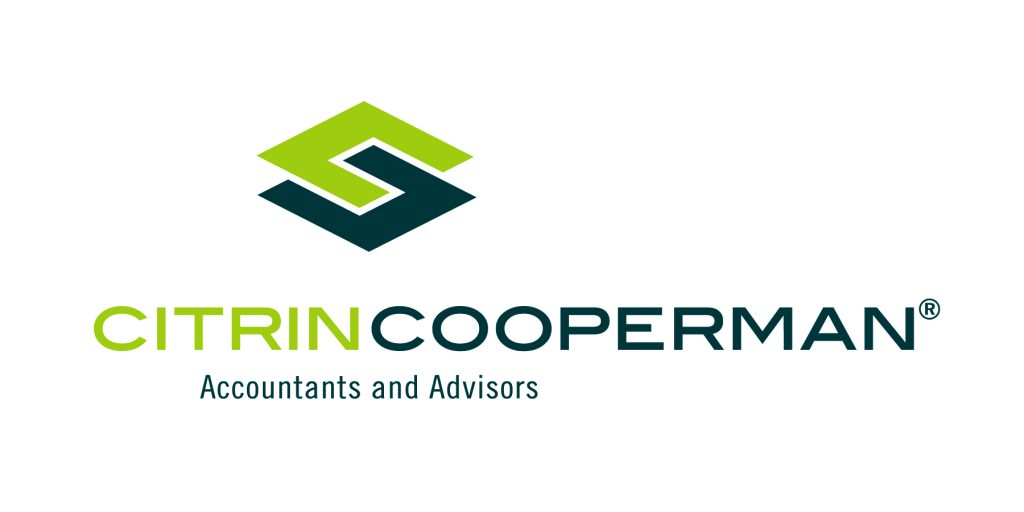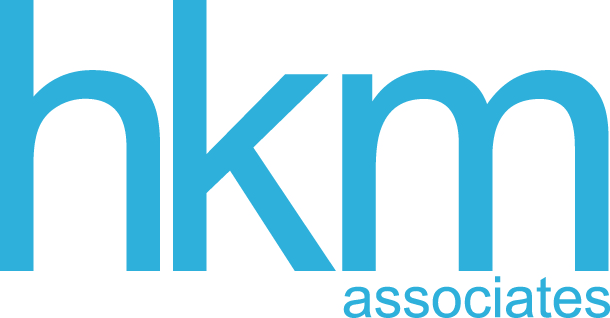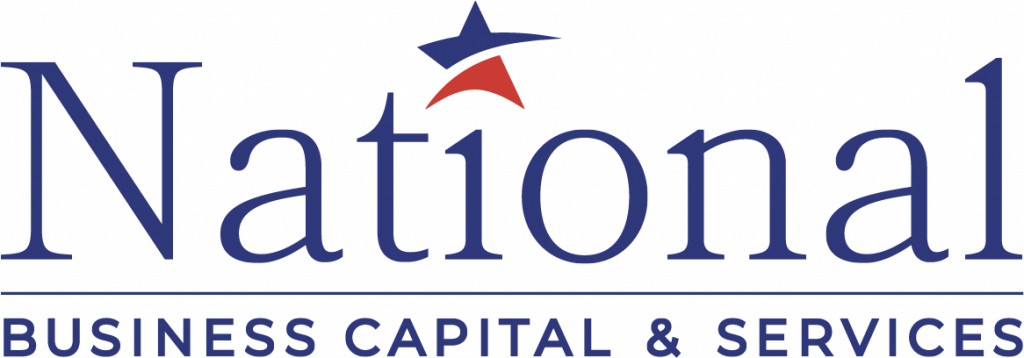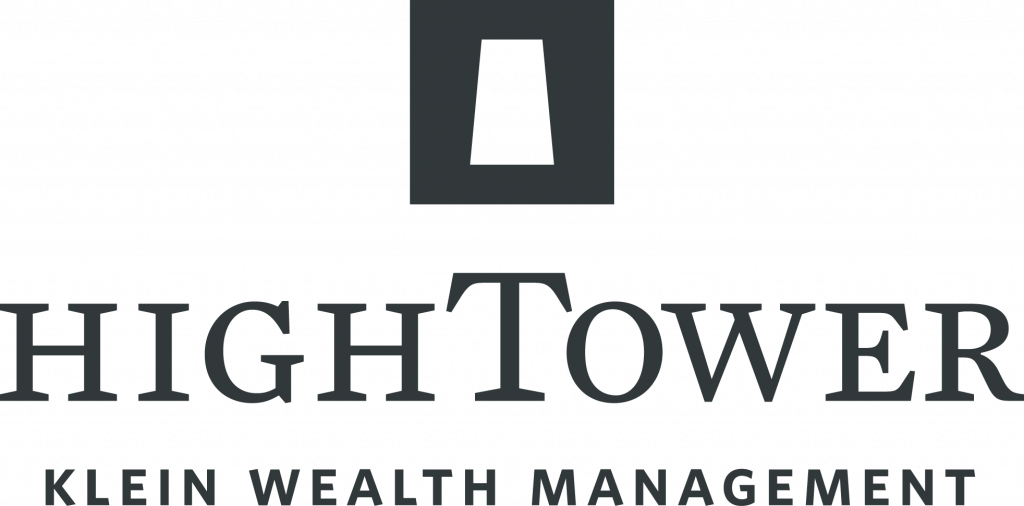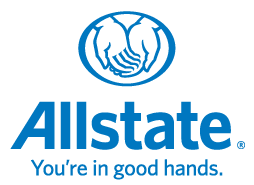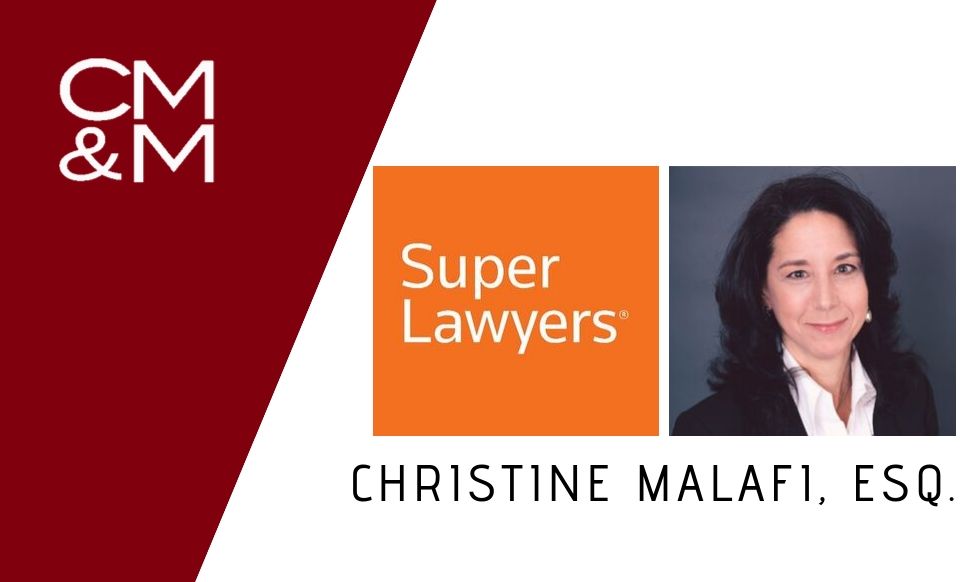In 2016, in McDonnell
v. United States, the U.S. Supreme vacated the former Virginia Governor’s
bribery conviction by limiting the definition of what constitutes an “official
act.” Critics argue the McDonnell decision legalizes, or at
least substantially shields, public corruption and has already served to
overturn (at least temporarily, in the case of former New York Assembly Speaker
Sheldon Silver) convictions of other public officials. However, in a decision likely welcomed by
good governance advocates, on August 9, 2019, the U.S. Court of Appeals for the
Second Circuit declined to extend the McDonnell “official act” requirement to
Foreign Corrupt Practices Act (FCPA) prosecutions, affirming the conviction of
Chinese real estate developer Ng Lap Seng.
On June 7, 2018, the U.S. District Court for the Southern
District of New York (Broderick, J.) ordered Ng to serve concurrent 48-month
prison terms after a jury convicted him of paying and conspiring to pay bribes
in violation of 18 U.S.C. Sections 371, 666, and the FCPA, 15 U.S.C. Sections 78dd-2
and 78dd-3. Ng, a billionaire real
estate tycoon, paid more than $1 million to two United Nations diplomats to
secure a U.N. commitment to use Ng’s latest Macau-based hotel and convention
center as the site for an annual U.N. conference.
The prosecution’s evidence at trial was detailed and
overwhelming. For instance, in exchange
for monthly payments of $20,000 for alleged services rendered to one of Ng’s
media companies, one U.N. diplomat and cooperating witness testified his
“salary” was in fact bribes to secure for Ng not only general U.N. support for
using the convention center, but also a formal documented commitment to do
so. In another instance, the then-President
of the U.N. General Assembly travelled to Macau with U.N. staff to visit the
convention site in exchange for a payment of $200,000 to the Office of the
President of General Assembly. The
diplomats secured official letters and other records of ambassadorial support
for Ng’s project and an early commitment to hold the annual conference at Ng’s
facility. Diplomatic efforts to finalize
the U.N.’s commitment to the convention center were abandoned in September 2015
following Ng’s arrest.
The bulk of Judge Raggi’s opinion addressed Ng’s argument
that his conviction under 18 U.S.C. Section 666, which criminalizes theft or
bribery concerning programs receiving federal funds, cannot stand because the
U.N. is not an “organization” within the meaning of the statute. Judge Raggi used precedential, textual, and
historical analysis to hold that public international organizations, such as
the U.N., are covered by Section 666 before moving on to Ng’s McDonnel challenge. That the court, however, may have buried the
lead as its holding regarding McDonnell’s
application to the FCPA is arguably more significant than its holding regarding
the U.N. falling within Section 666’s definition of an organization.
Ng argued the FCPA requires proof of an official act
satisfying the McDonnell standard and
the district court’s jury instruction failed to satisfy that standard. At issue in McDonnell was whether “arranging a meeting, contacting another
public official, or hosting an event—without more—concerning any subject,
including a broad policy issue such as Virginia economic development,”
qualified as an “official act” as defined by 18 U.S.C. Section 201(a)(3). In holding these actions did not qualify, the
Supreme Court reversed McDonnell’s conviction and identified two requirements
in the statutory text to prove an official act under Section 201: first, the
government must identify a “pending” question, matter, proceeding, or
controversy that involves the “formal exercise of governmental power.” Second, the government must prove the public
official took an action on that pending matter.
Ng argued not only did the district court not properly instruct the
jury, but the facts at trial did not prove an “official act” by the U.N.
diplomats.
Judge Raggi begins with the premise that there is no
universal statutory definition for what constitutes a “bribe,” but at the very
least all involve a quid pro quo. However, not all federal statutes define the
“quo” in the same manner, much less
an “official act” of Section 201. The
court reasons the very existence of different quos across related statutes demonstrates Congress did not intend
all bribery or corruption-related laws to be treated identically to Section
201. Judge Raggi easily dispensed with
Ng’s arguments vis-à-vis Section 666, as the Second Circuit in United States v. Boyland previously held
McDonnell’s “official act” standard
for the quo component of bribery does
not apply to the “more expansive language of Section 666, which nowhere
mentions “official acts.”
With respect to the FCPA, the court acknowledges the first quo references an “act or decision” of a
“foreign official in his official capacity,” the FCPA does not cabin “official
capacity” acts or decisions to a definitional list akin to Section 201’s
understanding of official acts.
According to the court, the FCPA is broader and includes, for instance,
acts or omissions that violate an official’s “duty” or affect or influence the
act or decision of a foreign government.
Judge Raggi also observes the FCPA prohibits bribing a foreign official
to “secure an improper advantage” in obtaining, retaining, or directing
business without requiring the advantage be secured by an “official act.”
By declining to extend the McDonnell requirements to the FCPA, the Second Circuit is
reinforcing the reasoning of its sister courts holding the “official acts”
requirement of Section 201 does not bleed into other statutory anti-bribery
regimes, including the FCPA. While
prosecutors may find it more difficult to convict conventional domestic
political bribery in a post-McDonnell
world, corporate executives subject to the FCPA’s broad, extraterritorial reach
cannot become complacent, particularly as the DOJ seeks ever more to hold
individuals criminally liable for acts of international business
corruption.







